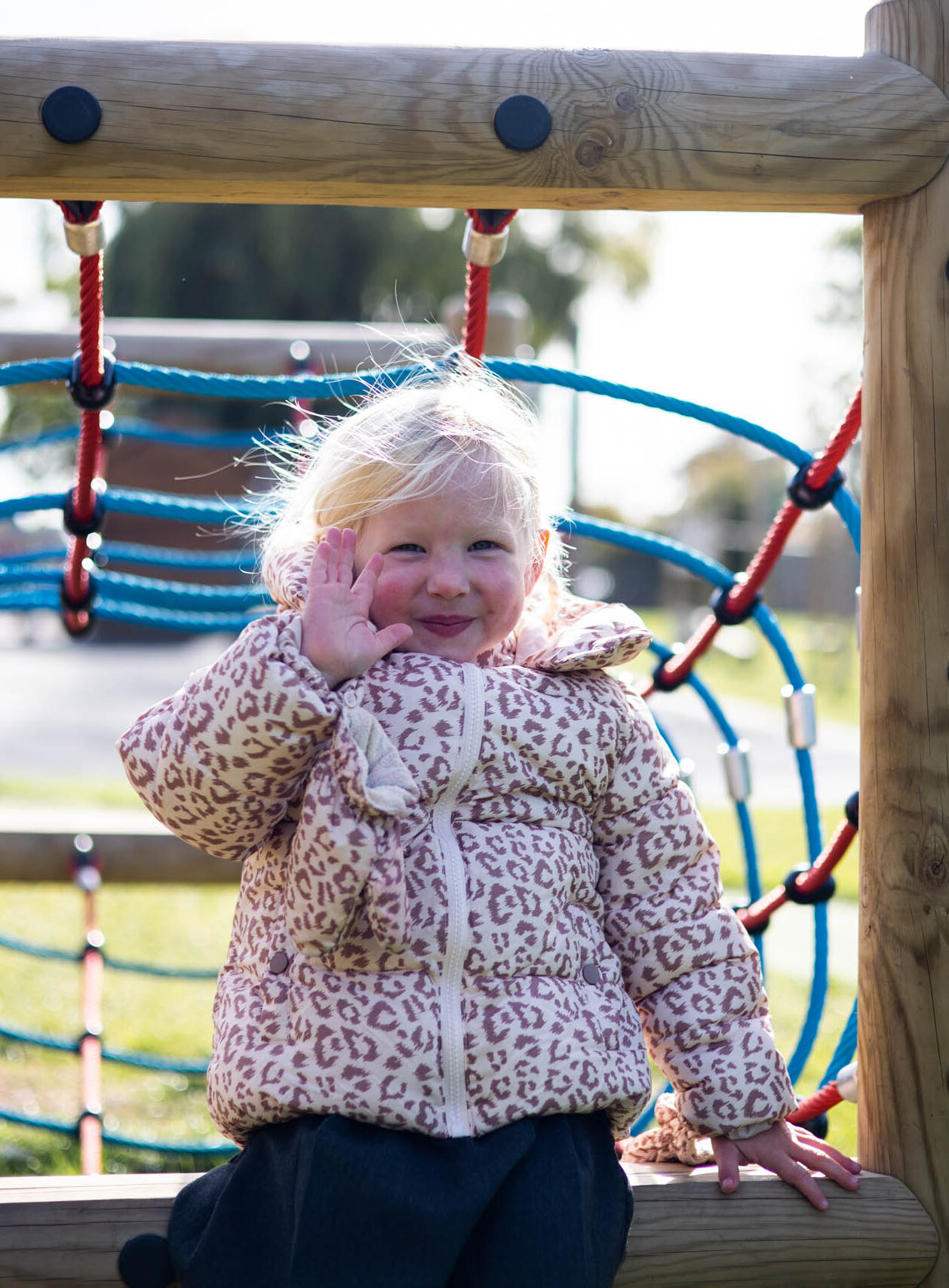This section contains information about the four main areas of SEND needs and offers links to websites and signposting to other institutions which can help and support.
Communication and Interaction
This area of special educational need covers children and young people who have speech, language and communication needs and/or autism (having a speech, language or communication need does not necessarily mean that a child has autism).
Children and young people with speech, language and communication needs (SLCN) have difficulty in communicating with others. This may be because they have difficulty saying what they want to or understanding what is being said to them or they do not understand or use social rules of communication. Every child with SLCN is different; they may have difficulty with one, some or all of the different aspects of speech, language or social communication at different times of their lives.
Communication and interaction does not have to involve the use of language and speech. Many children with difficulties in this area are delayed in using language and shy away from using speech; so other methods of communication need to be established before speech and language will follow, for example, physical gesturing, facial expression and body language.
Communication and interaction needs also include autism. Autism is often described as a ‘hidden’ disability because children and young people with it can be quite able and appear like everyone else. However, children and young people with autism will usually have noticeable differences when they are interacting with others, for example, not responding typically when they are approached or finding it difficult to start conversations and make friends.
Children and young people who have communication and interaction needs are supported in schools by their teachers and Special Educational Needs Coordinators. Schools may receive visits and support from the Speech and Language team who work with education settings to help staff to understand the learning, emotional wellbeing and behaviour of children and young people with communication and interaction needs and to develop strategies to support them more effectively.
Disability Equality Scheme Disability Accessibility Plan 2025-2026
More information:
-
The Den (part of the AET, for children and young people with autism)
Cognition and Learning
Children and young people with learning difficulties have a need which affects their ability to learn and do well at school. Specific learning difficulties (SpLD), affect one or more specific aspects of learning. This includes a range of conditions such as dyslexia, dyscalculia and dyspraxia.
Children with these needs may have support from professionals in that area from the local authority via the Local offer.
Children who have needs in more than one of these areas are considered to have ‘complex needs’. A child may also be described as having ‘mild’ or ‘severe’ learning difficulties depending on the degree of their needs and the impact these needs have on their lives.
Support for learning difficulties may be needed when children and young people learn at a slower pace than their peers. Learning difficulties cover a wide range of needs. Pupils with moderate learning difficulties (MLD) may need extra support in some areas of the curriculum. Those with severe learning difficulties (SLD) are likely to need support in all areas of the curriculum and have associated difficulties with mobility and communication. Pupils with profound and multiple learning difficulties (PMLD), are likely to have severe and complex learning difficulties as well as a physical disability or sensory impairment.
For more information on which services are available to children and young people with these needs please see Support available in schools.
More information:
Social, Emotional and Mental Health
Children and young people may experience a wide range of social, emotional and mental health difficulties which can affect their behaviour in different ways, for example, they may be:
-
withdrawn or isolated
-
disruptive and disturbing
-
hyperactive and lack concentration
-
immature in relation to social skills
-
exhibiting challenging behaviour arising from other complex special needs.
All of these can suggest underlying mental health difficulties such as anxiety or depression, self-harming, substance misuse, eating disorders or physical symptoms that are medically unexplained. Other children and young people may have disorders such as attention deficit disorder (ADD), attention deficit hyperactive disorder (ADHD) or attachment disorder.
Children and young people who have difficulties in this area may find them a barrier to learning and reaching their potential. This can make them more frustrated and unable to access opportunities.
Children and young people with social, emotional and mental health difficulties may struggle to cope with school routines and have trouble building relationships. They will be considered to have special educational needs if they need educational arrangements or interventions that are different from those generally offered in a mainstream school.
Schools and colleges should have clear processes to support children and young people, including methods for managing the effects of any disruptive behaviour so it does not adversely affect other pupils. There are a range of things that can be done to support children or young people in school if they have social and emotional difficulties that affect their behaviour.
More information:
Physical and Sensory
Some children and young people require special educational provision because they have a disability which prevents or hinders them from making use of the educational facilities generally provided.
Many children and young people with physical disability (PD), vision impairment (VI), hearing impairment (HI) or a multi-sensory impairment (MSI – both hearing and vision difficulties) may need specialist support and/or equipment to access learning and other opportunities available to their peers. They may also need habilitation support to help with daily tasks such as eating or travelling.
Children and young people with physical and sensory needs are supported in schools by their teachers and Special Educational Needs Coordinators.
More information
-
National Deaf Children’s Society – information and support (HI)
-
Sense – information and support (MSI/deafblind)
-
NatSIP – information and support from the national sensory impairment partnership






